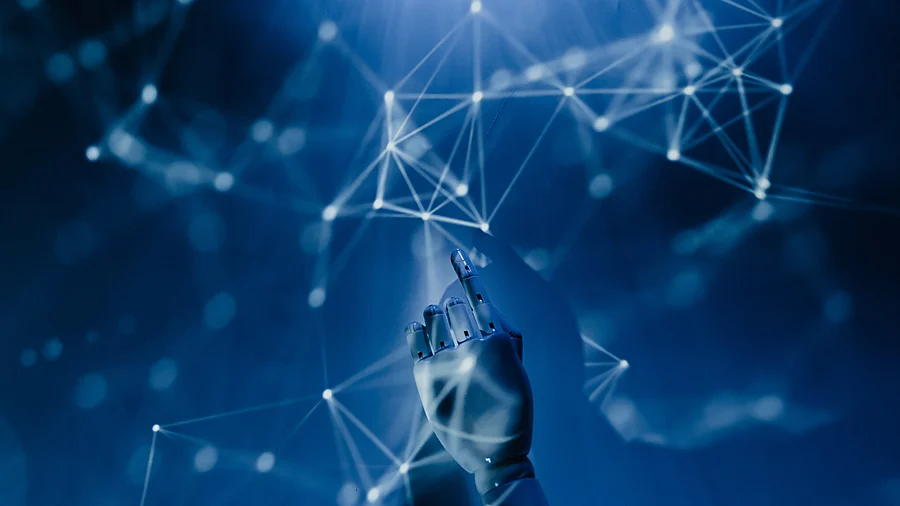From identifying new cancer treatments to improving patient experiences, AI promises to be a game-changer in healthcare, writes Dr Praveen Kumar Kaudlay.By Dr Praveen Kumar Kaudlay

With the advent of computers and Artificial Intelligence (AI) in the 1940s and 1950s, the medical community swiftly recognised their potential benefits. In 1959, Keeve Broadman and his colleagues predicted that machines could perform diagnostic interpretation of symptoms. By 1960, William B Schwartz stated in a journal that computers would become a powerful extension of physicians’ intellect by the year 2000.
During the 1990s and early 2000s, despite using slow computers with limited memory, considerable progress was made in solving certain medical tasks that involved repetitive processes prone to human error. Computer reading of electrocardiograms (ECGs), white cell differential counts, retinal photographs, skin lesions, and other image processing techniques became a reality.
Today, AI has already gained acceptance in the medical field, particularly in the interpretation of ECGs, plain radiographs, CT and MRI scans, skin images, and retinal images. Numerous research studies suggest that AI can perform on par with or even better than humans in key healthcare tasks, including disease diagnosis. Machine learning, a process of fitting models to data and learning through training, is widely employed in healthcare, particularly in precision medicine. It enables the prediction of treatment protocols likely to succeed based on patient attributes and treatment context.
One advanced form of machine learning, neural networks, has been available in healthcare since the 1960s and has been utilised to determine patient disease acquisition probabilities. Deep learning, the most complex variant of machine learning, utilises multiple levels of features to predict outcomes. In the field of healthcare, deep learning has proven valuable in recognising potentially cancerous lesions in radiology images, leading to more accurate cancer diagnoses.
Source: deccanherald.com
Original Content:
https://shorturl.at/elz89